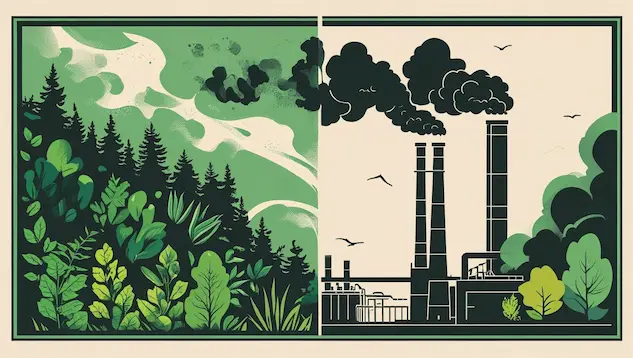Sustainable Development
Building a Balkan Regional Platform for the SDGs : Interview with Kosta Živanović

Sustainable AI for Cities: Strategic Priorities, Challenges, and Long-Term Impact

Who Can Afford Sustainability? The 2025 SDG Index at a Crossroads

In 2015, countries adopted the 17 Sustainable Development Goals (SDGs) to end poverty, build sustainable cities, and take climate action. Yet not everyone can afford a sustainable future. A decade on, the world marks a milestone with the 2025 Sustainable…
How to Spot Greenwashing: When Sustainability Is Just a Sales Strategy

Biodesign in the Balkans: Unlocking the Potential of a Regenerative Bioeconomy

Soil in Crisis: The Environmental Aftermath of Coal Mining

A Global UN Study Reveals the Hidden Costs of Coal Extraction Coal mining has long been a cornerstone of industrialization, powering economies for centuries. It has been – and in some regions remains – an essential source of energy. But…
Best Urban Sustainability Indices (Part I): How Top Cities Are Ranked and Why It Matters

City for Everyone: Advancing Gender Inclusive Urban Mobility

Gender Inclusive Urban Mobility is essential for both effective city planning and business innovation. Women experience urban spaces differently because of caregiving demands, safety concerns, and mobility barriers. Failing to address these needs limits economic potential and social impact. For…
AI and Gender Equality in the Intelligent Age

The Gender Parity in the Intelligent Age 2025 report by the World Economic Forum explores AI’s impact on gender equality, revealing that it often reinforces existing disparities rather than eliminating them. Women remain underrepresented in AI-related jobs and innovation while…
Clean Air for a Sustainable Future: Cities Against Pollution
